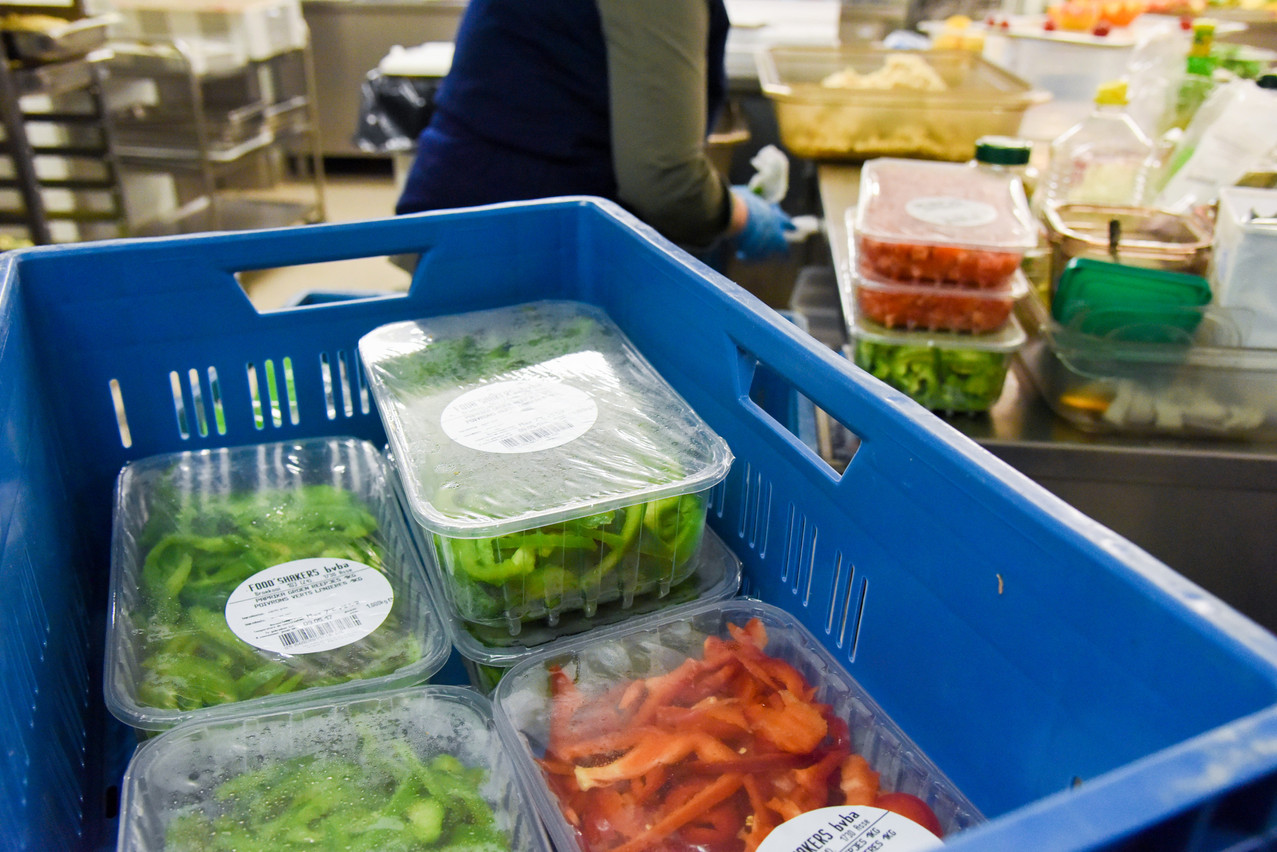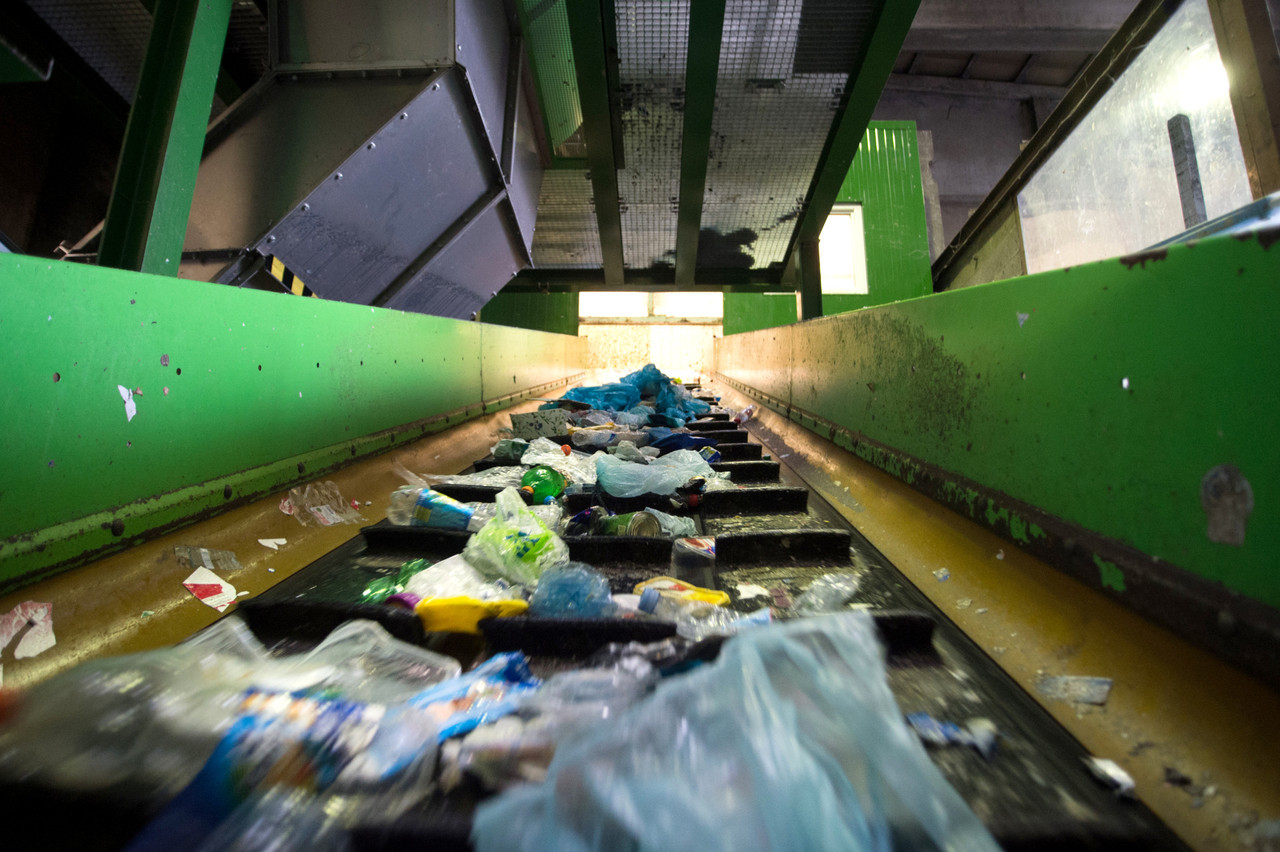From the invoicing of packaging to sorting centres in supermarkets and the introduction of a deposit on drinks receptacles, the new waste management laws will have an impact on the daily life of the entire population in Luxembourg.
The legislative package
"The Mouvement écologique supports the ministry's approach, which in some provisions goes beyond the EU requirements", the environmental activist group Mouvement Ecologique said in a press release.
On the other hand, the CLC and Flad, which represent businesses and food and drinks distribution players, say they are opposed to the in-depth overhaul of Luxembourg’s waste management system, and would have preferred a simple transposition of the European directives.
“Even from within the coalition, we have heard criticism and doubts about the effectiveness of the measures and the risk of a loss of purchasing power,” said René Grosbusch, president of the Flad, which represents 90% of the food trade in Luxembourg.
But the rapporteur of the bill, François Benoy (déi Gréng) said by introducing the new laws that exceed the requirements of the directive, Luxembourg is “taking an important step towards moving from a throwaway society to a circular economy.”
In-store recycling centres
“The in-store waste collection centre is not a bad idea in itself,” argues Jean Feyereisen, head of publications at the consumer union ULC. “The idea that it would increase costs is likely, but it has not yet been proven.”
The CLC though is more critical and even speaks of “ecological and economic inefficiency”. Its deputy director Claude Bizjak doubts the willingness of customers to bring back to the shop packaging that they can already dispose of in a Valorlux bag at home thanks to the door-to-door collection system.
“It’s a parallel system to Valorlux and I don’t really see the point,” says Claude Turping, managing director of . It is true that the system has already been tried out for years at the Cactus in Howald, but the manager admits that it is “complicated”.
“We believe that the quality of the sorting carried out manually by private individuals is not optimal and that machines are more appropriate for distinguishing, for example, different packaging materials such as steel from aluminium,” says Turping. On the other hand, he approves of the idea of providing customers with containers to dispose of excess packaging at the checkout and confirms there is consumer demand for such a system.
Ban on plastic packaging for fruit and vegetables under 1.5kg
The CLC also fears that--with a ban on packaging on fresh produce weighing less than 1.5 kg--some fruit and vegetables will no longer be sold in Luxembourg, where local production represents only 5% of the products sold. As a result, retailers would have to unpack fruit and vegetables in the warehouse and display them in bulk, which would generate de facto waste.
“For some products, there is currently no other packaging solution,” stresses the ULC’s Feyereisen.
But Benoy insists that the measure only concerns uncut fruit and vegetables, which means that consumers will still be able to buy, for example, half a watermelon wrapped in plastic film.

Pre-cut fruit and vegetables will remain protected in plastic packaging. The ban is limited to unprocessed products. (Photo: European Union)
Drinks deposit
For the CLC, the introduction of a deposit on drinks packaging constitutes an obstacle to the free movement of goods and services and requires the relabelling of all products distributed in Luxembourg.
“I do not believe that a deposit is a viable project in Luxembourg,” agrees Feyereisen. He suggests an alliance with Belgium, or even Germany, in order to achieve critical mass. “Cleaning, washing and drying bottles takes resources, and if Luxembourg continues to have water supply problems as we have seen in recent years, I fear that the use of this resource will require a substantial investment by the industry to be able to recycle this water used for cleaning purposes.”
The deposit is very interesting, but I have doubts about its implementation, as 90% of the products consumed in the grand duchy are imported from Belgium.
The same is true of Valorlux, where Turping stresses that “the deposit is very interesting, but I have doubts about its implementation in Luxembourg without grafting it onto another system, because 90% of the products consumed in the grand duchy are imported from Belgium.”
Benoy said that the law voted on Wednesday would “create the legal basis for the introduction of a deposit”, but that the system would come into force after the publication of a grand-ducal regulation that would define the implementation procedures.
“The deposit system alone is not effective, as it leads consumers to believe that a given package is perfectly recyclable, which is not the case for many materials (plastic, composite materials),” stresses the Mouvement Ecologique, which is campaigning for a tax on disposable drinks packaging.
No more free packaging
“Packaging is already charged for,” says Feyereisen, who believes that the public has already adapted to earlier developments such as and the charging of bags in some shops.
The legislative package provides for the charging of disposable bags, unless the consumer brings his own. “The measure only concerns bags and not packaging,” insists Benoy, who believes that “the sector has enough time to work with state actors to put in place reusable alternatives, many of which are already available.”
This story was first published in French on . It has been translated and edited for Delano.
